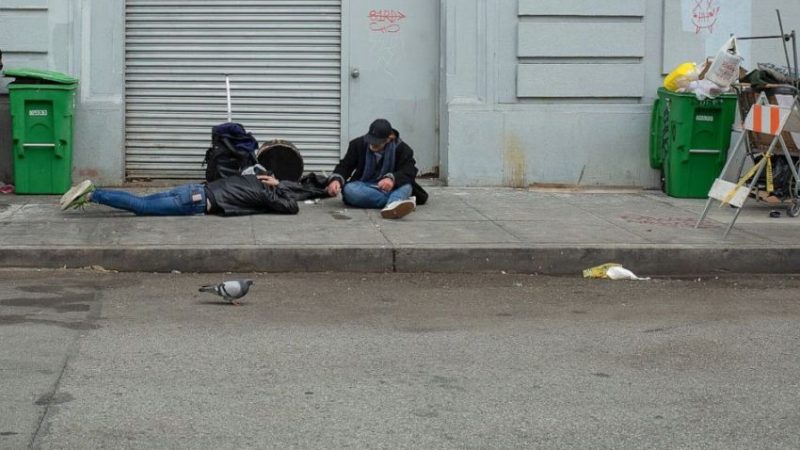Workers have been informed that they would face significant tax increases.

Around 2.5 million taxpayers will be pushed into the higher income tax category, meaning their earnings will be taxed at 40%.
Once your earnings reach a particular level, income tax is deducted from them.
However, the government has decided to freeze income tax bands, effectively reducing workers’ wages.
The personal allowance, which is the amount you can earn before paying income tax, has been frozen at £12,570.
From £12,570 to £50,270, the basic rate tax bracket kicks in, and you’ll pay 20% of your earnings in income tax.
If you earn between £50,270 and £150,000, you’ll have to pay twice as much at 40%.
If your salary rises but the income rate bands remain unchanged, you will owe the government extra money.
However, according to analysis conducted by the pensions consultant Lane Clark & Peacock, if the thresholds were raised in pace with inflation, just 800,000 of the 2.5 million taxpayers who are expected to be driven into the 40% tax bracket would still be pushed into the higher level.







